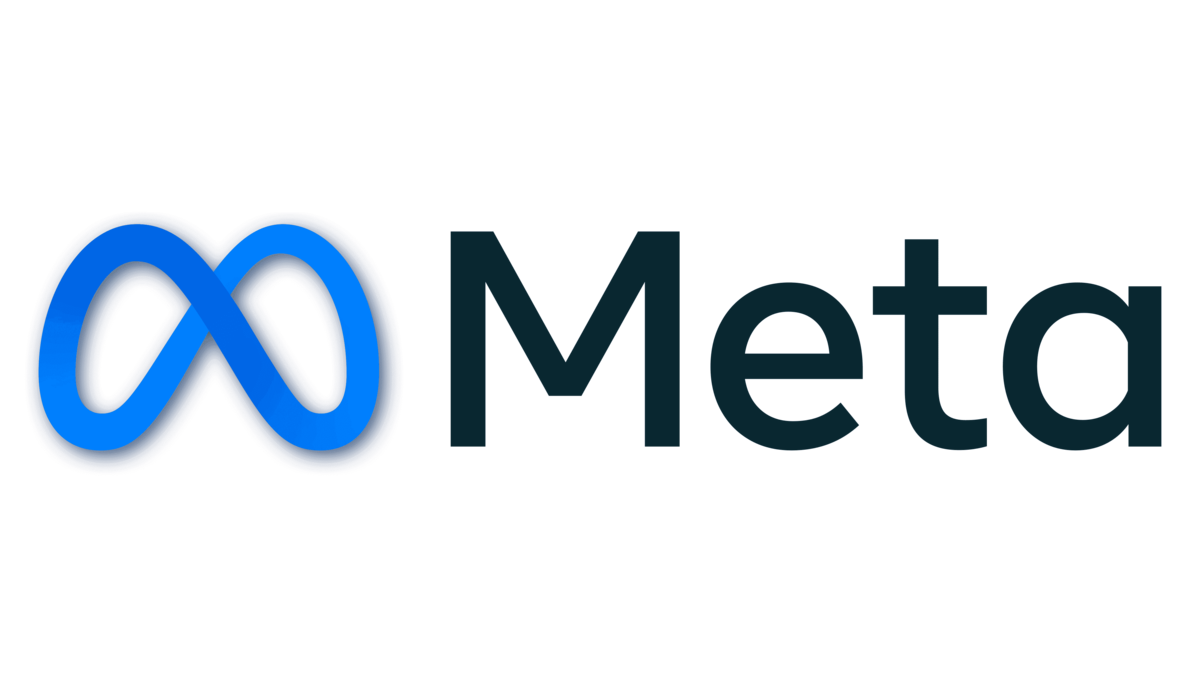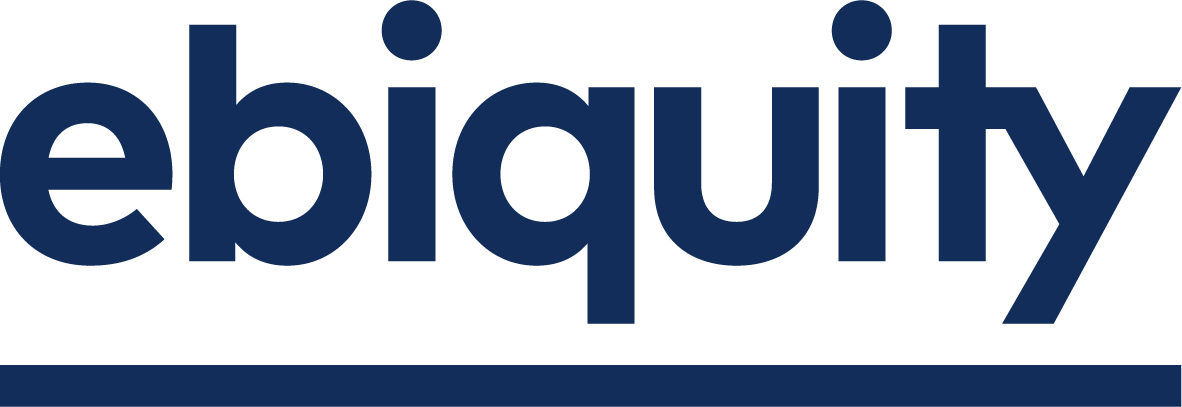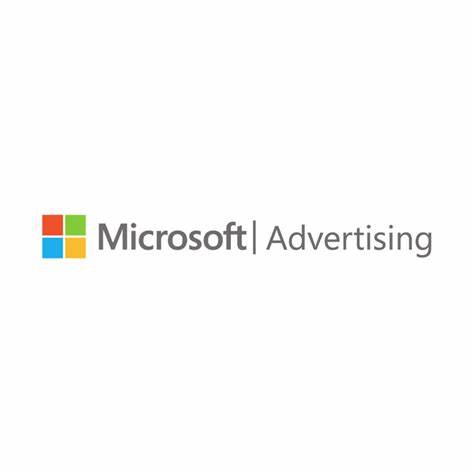Discover the Code of Conduct on Disinformation
Find out what online platforms, civil society, fact-checkers, ad tech players, and many others do to combat disinformation and misinformation online.
Transparency Centre
Who we are
We are a broad group of online platforms, players in the advertising industry, fact-checkers, research and civil society organisations.
Our mission
To counter the threat of disinformation and misinformation and in response to the European Democracy Action Plan and the European Commission’s Guidance, we jointly wrote and signed a new Code of Practice on Disinformation in June 2022 (now a Code of Conduct under the DSA).
Our service
Through this Transparency Centre, you can find all information on the Code and each of our actions to implement it.
The project
The 2022 Code of Practice on Disinformation
The Code of Practice on Disinformation is a first-of-its kind tool through which relevant players in the online information ecosystem active in the EU agreed on self-regulatory standards to fight disinformation, – for the first time in 2018.
A unique initiative
In June 2021, signatories launched a revision process that culminated in the signature of a new Code on 16 June 2022 by 34 signatories. The new Code fulfills the objectives of the Commission’s Guidance presented in May 2021.
Multipurpose
Signatories committed to take action in several domains, such as; demonetising the dissemination of disinformation; ensuring the transparency of political advertising; empowering users; enhancing the cooperation with fact-checkers; and providing researchers with better access to data.
Led by the main actors
Recognising the importance to make the Code future-proof, signatories agreed to establish a framework for further collaboration through a permanent Task-force, alongside a strengthened monitoring framework and service-level indicators to measure the implementation and impact of the code.
Join 40+ signatories










Take part in the initiative
Becoming a signatory
The Call is addressed to a wide range of stakeholders including: providers of online services that participate in the dissemination of content to the public such as social media, private messaging applications and search engines; players from the online advertising industry; providers of e-payment services, e-commerce platforms, crowd-funding/donation systems, which may be used to spread disinformation; stakeholders who provide technological solutions to combat disinformation; fact-checkers and civil society organisations specialising in countering disinformation. By joining the Code, new signatories will be part of an EU-wide forum bringing together a variety of relevant players who seek to strengthen their actions, share best practices and improve cooperation in order to mitigate the risks stemming from disinformation in the EU. disinformation in the EU.

How we got here
The road that led to the Code of Conduct
The 2018 Code of Practice on Disinformation brought together for the first time worldwide industry players to commit to counter disinformation. At the core of the EU strategy against disinformation, the Code has proven to be an effective tool to limit the spread of online disinformation, including during electoral periods and to quickly respond to crises, such as the coronavirus pandemic and the war in Ukraine.
Following the Commission’s Assessment of its first period of implementation, the Commission published in May 2021 detailed Guidance to address the shortcomings of the 2018 Code, proposing solutions to make it more effective. The signatories of the 2018 Code, joined by a broad range of prospective signatories, engaged in the revision process that led to the Strengthened Code presented to the Commission on 16th of June 2022.
The 2022 Code was drafted with the aim of becoming a Code of Conduct under the Digital Services Act (DSA). In January 2025 the Signatories of the Code submitted all necessary documents supporting their request for its conversion into a DSA “Code of Conduct”. Apart from technical amendments and minimal changes to the Preamble, to adapt to the DSA’s entry into force, the text of the Code remained unchanged compared to the 2022 version. On that basis, the European Board for Digital Services and the Commission adopted their positive opinions in February 2025, concluding that the Code meets the conditions specified in the DSA and endorsing its official integration into the DSA framework.

Permanent Taskforce
The permanent Task-force will keep the Code future-proof and fit-for-purpose, by establishing a forum to review and adapt the commitments in view of technological, societal, market and legislative developments.
The Task-force is composed of representatives of signatories, the European Regulators’ Group for Audiovisual Media Services (now European Board for Media Services), the European Digital Media Observatory and the European External Action Service, and is chaired by the Commission.